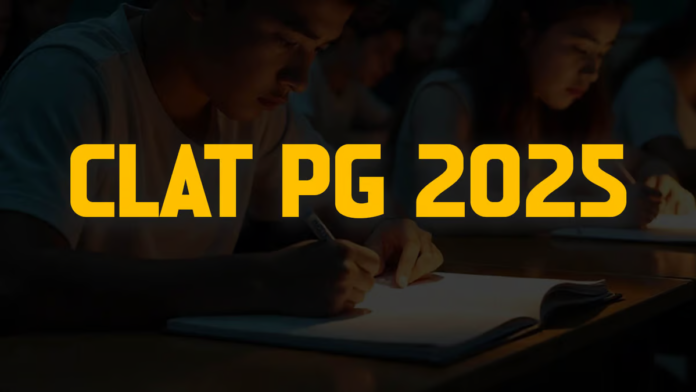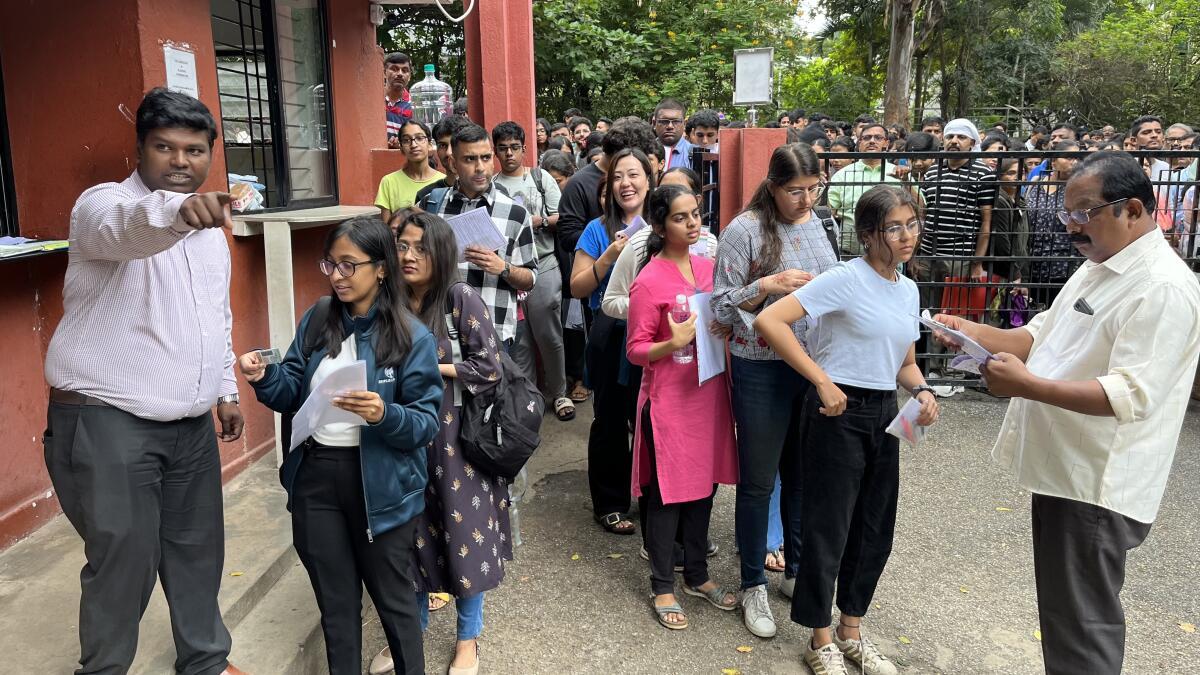The Madhya Pradesh High Court has issued a notice to the Consortium of National Law Universities (NLU Consortium) in response to a petition challenging the final answer key and fee structure of the CLAT PG 2025 examination. The petitioner, Ayush Agrawal, raised multiple issues, including alleged errors in the provisional answer key, lack of transparency in the final answer key, and the imposition of a hefty ₹1,000 fee per objection.
Petitioner’s Grievances Against CLAT PG 2025
The controversy surrounding the Common Law Admission Test (CLAT) postgraduate exam stems from the petitioner’s concerns regarding procedural lapses. Ayush Agrawal, who appeared for the CLAT PG 2025 exam on December 1, alleged that the provisional answer key had glaring errors, and the final key lacked transparency. Furthermore, he questioned the fairness of the ₹1,000 fee per objection and the overall application fee of ₹4,000, deeming them exorbitant and discriminatory.
The petitioner also pointed out that the window to file objections against the provisional answer key was unreasonably short, leaving candidates with insufficient time to raise their concerns. These issues, he argued, could adversely impact the fairness of the admission process and the candidates’ future prospects.
Court’s Observations and Directions
The case, heard by a Bench of Justices Subodh Abhyankar and Gajendra Singh, resulted in a notice being issued to the NLU Consortium, demanding an expedited response. Highlighting the petitioner’s inability to raise objections earlier due to the high fee, the Court stated:
“Taking into account the fact that the petitioner is challenging the answers to certain questions, although he has not raised any objection before the respondent on account of the higher fee of ₹1,000 per objection, also challenging the imposition of such higher fee, it is directed that any selection made by the respondent pursuant to the final answer key shall be subject to the final disposal of this petition.”
The Court emphasized the importance of resolving the matter quickly to avoid uncertainty in the final selection process. The NLU Consortium has been directed to file its reply promptly, with the next hearing scheduled for January 8, 2025.
Petitioner’s Legal Journey
Before approaching the Madhya Pradesh High Court, the petitioner sought redressal from the Supreme Court. However, the apex court directed him to file his plea in the relevant High Court. Acting on this advice, the petitioner moved the Madhya Pradesh High Court, challenging both the procedural and financial aspects of the CLAT PG 2025 examination.
Represented by Advocate Shrvan Kumar Lahoti, Ayush Agrawal emphasized the need for transparency and affordability in the examination process, which is crucial for ensuring equal opportunities for all candidates.
Implications for the NLU Consortium and Aspirants
The petition raises significant questions about the conduct and fairness of the CLAT PG examination process. For the NLU Consortium, this case highlights the need to address candidates’ concerns regarding transparency and accessibility. On the other hand, for thousands of aspirants, the outcome of this petition could set a precedent for more equitable fee structures and improved examination procedures.
The ₹1,000 fee per objection, in particular, has drawn criticism for being prohibitively high, potentially deterring candidates from raising valid challenges. Similarly, the alleged lack of clarity in the final answer key undermines confidence in the evaluation process.

Looking Ahead
As the matter awaits a detailed hearing on January 8, 2025, the case underscores the critical role of judicial intervention in upholding fairness and accountability in competitive examinations. For law aspirants and the academic community, the resolution of this case will likely have lasting implications for future CLAT examinations and similar competitive tests.
The outcome may prompt the NLU Consortium to revisit its policies, ensuring greater transparency, affordability, and accessibility in the admissions process for postgraduate law programs. Aspirants across the country will be watching closely as the Madhya Pradesh High Court deliberates on these crucial issues, potentially reshaping the examination framework for years to come.


